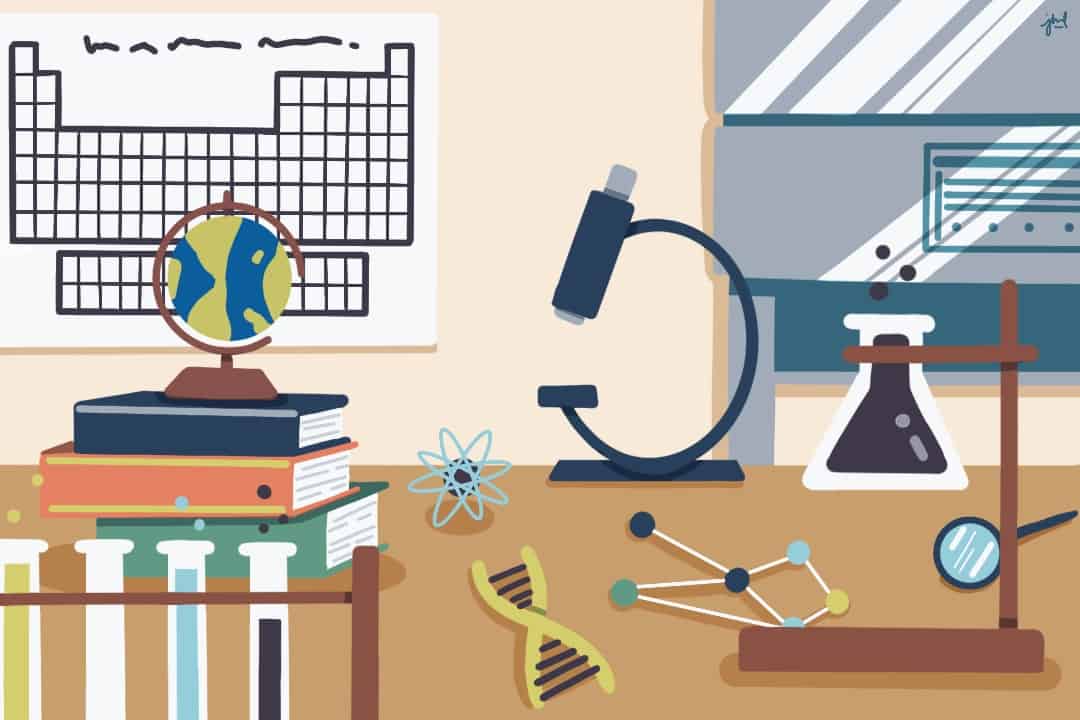While keeping your breath fresh and your teeth clean, toothpaste may cause hidden harm on a larger scale.
Triclosan — an additive in some toothpastes, soaps, cosmetics, and household products — is a common antibacterial ingredient capable of killing up to 99.6 per cent of bacteria. However, the problem arises as antibacterial compounds like triclosan destroy normal bacteria and create an environment where mutated resistant bacteria can thrive. This process is of concern for human health, as it poses a risk of the development and spread of antibiotic-resistant bacteria.
In a recent study led by Holly Barrett, a PhD candidate in the Department of Chemistry at U of T, researchers found that triclosan is the main antibacterial compound driving antibiotic resistance in Escherichia coli bacteria that were found in Ontario sewage sludge.
In itself, sewage sludge contains thousands of compounds, both antibiotic and nonantibiotic. Although triclocarban — another antibacterial ingredient in consumer products — was found in the highest abundance in sewage sludge, researchers identified triclosan as being responsible for most of the antibacterial activity that is contributing to the selection for antibiotic-resistant E. coli.
According to Barrett and her co-authors, while the United States recently banned the use of triclosan in soaps and personal care products, north of the border, Canada has yet to address the issue. The spread of antibiotic resistance is threatening our means of treating even common infectious diseases such as E. coli or staph infections. Evaluation of triclosan usage is crucial in limiting this dangerous spread.


